On the sidelines of the 2025 United Nations General Assembly in New York City, James Ladi Williams, founder and president of Akada, an advisory and media firm, as well as a paper goods firm based in Washington D.C, recently spoke with THISDAY about his journey as a writer, creative, and social entrepreneur. As a multidisciplinary public thinker and leadership counsellor, the Princeton graduate is also a public policy and business consultant with work experiences from McKinsey and Urban Institute. From turning his journals into songs, to honouring his father through music, Williams, who is fondly known as The JLW, shared insights into some of the ethos- faith, family, music, journalling and leadership, that drive him. Now set to release his second EP dedicated to his mother, the enigma, who is bold about his faith, would want to be remembered as someone who lived a life that honoured God, not just through words, but through actions. Chiemelie Ezeobi brings excerpts:
I’m very interested in the musical aspect you ventured into. What inspired you to venture into that?
This is one of those surprising things. I’ve always been a book guy. I studied public policy, worked as a researcher, and spent time in business and the private sector. But between last December and early this year, I felt a strong urge, a prompting, to return to the creative side of myself. You’re looking at my journal. I have a journaling practice where I write, meditate, and reflect. There’s nothing I do in the real world that doesn’t begin in this journal. Suddenly, I felt compelled to express my writing in a form beyond print or online. I told a few friends, “This is what my heart wants to do. This is what God is calling me to do.” I turned my journal entries into lyrics. I partnered friends who built the beats around them, and now we have not only one EP but two, one forthcoming, and an album on the way. It was simply a response to that creative call inside me. It has taken my writing to a new level because now I turn things I’ve written over the past two decades into songs. Technically, I’ve been journaling for 20 years, that’s like 20 albums not yet cooked! So, in short, I just felt a strong urge to return to my creative side, and music became the expression.
You released a song titled “My Father” before the EP. What was the defining moment that made you decide to honour your father with that music?
I’m my father’s son. My father, Joshua Popoola Williams, is by far, after Jesus, the most significant and influential male figure in my life. I’ve always wanted a way to celebrate him while he’s alive because we don’t need to wait for our loved ones to pass on before giving them their flowers. I wanted him to know how much he means to me, how much I love him, and how inspired I am by his example. So, it wasn’t a single defining moment, but a collection of life experiences. For example, when I dreamt of coming to America, my father worked hard to make that happen. He visited schools, collected pamphlets, figured out accommodation, and hustled financially to make my dream a reality. When I was at King’s College, Lagos, I often called him every Saturday. Our conversation always went, “Don’t forget our deal, I’ll bring the grades, you’ll find the money.” He’s been my biggest supporter. We resemble each other, people say I act like him. Honouring him through music was simply giving honour to whom it’s due. I’m a Christian, and scripture commands that we honour our father and mother. In many ways, I feel like I’m living my father’s American dream before his eyes. He once lived in the U.S. in the 1980s, hustled, drove taxis, did security jobs, helped students with their theses, but eventually returned home. I’ve now done many things he once dreamed of. So, this song shares to the world what he means to me, his leadership, fatherhood, and example. If someday I can be to my kids what he has been to me or even more, then my children won’t suffer.
What was your father’s reaction when he first heard the song?
I wasn’t with him in person initially, but I played it for him when I visited Nigeria in June. My father is a serious, stoic man, but I could see tears in his eyes. He didn’t say much, but I knew he was deeply touched.
What traits did you learn from your father?
Discipline. Doing the right thing at the right time. Integrity, your word is your bond. Compassion. He taught me how to be a true friend, loyal through lack and abundance. His friendships are deep and genuine. He also taught me that to get ahead in life, you don’t need violence.
And your mother?
Faith and vision. My mother always said, “Ladi, all I have for you is God and education.” She led me to faith in Christ, the bedrock of my life. She taught me excellence in everything, even in small things like mopping the floor, “If it’s worth doing, do it well.” She taught me how to measure impact: when you leave a place, let people wish you were still there. She’s also been consistent in her charitable work in education and ministry for over 20 years. Her resilience in the face of rejection inspires me. She’s also the first and best public servant I’ve ever known, she modelled diligence and service to others.
You’ve spoken about your father’s influence. Many societal vices stem from children growing up without fathers. What’s your perspective on this?
That’s a very real condition. I grew up in Lagos and attended St. Mary’s Primary School, where I first learned that the family is the most basic unit of society. If you can’t get it right in the family, you can’t get it right in the nation. When male leadership is missing, we lose the battle for progress because good fathers raise good citizens and leaders. Many children have a lower chance of becoming what they’re meant to be without a father figure. To address this, government and institutions must emphasise male leadership. Governments can role model change by empowering men economically, employment is key. We also need storytelling and awareness that redefines what it means to be a man today. A man is a leader, a provider, a protector, a person of integrity. Faith institutions, both church and mosque, must also empower men to lead responsibly.
You mentioned awareness. Do you think men need to step up to reclaim their role in society?
There’s always room for improvement. People say it’s a man’s world, I don’t agree. Leadership is earned. Honour is given to whom it’s due. If society seems to celebrate mothers more, maybe that’s feedback men need to listen to. I believe women have earned that honour, but I also think the good examples of men don’t get amplified. We don’t hear enough about the quiet, disciplined man who never misses school fees or who faithfully provides for his family. Instead, the loudest examples, the Yahoo boys, the dishonest, dominate the narrative. We must shine light on positive examples of masculinity, men who lead with integrity, mentor others, and embody service. The world needs more visibility for those quiet heroes.
Parents tend to focus more on the girl child. Do you think we should pay equal attention to training the boy child, the future father?
Absolutely. In fact, at Akada, we’re developing an Akada Men’s Club and Akada Boys Club to address this. It’s about role-modelling from a young age. I was a Boy Scout in primary school and a prefect at King’s College. Those experiences taught me discipline, duty, integrity, and service. It’s easier to shape a seven-year-old boy than to correct a 30-year-old man. We need targeted programming for boys and young adults that instils leadership and values. Educational curriculums should be revamped to reflect this. The NYSC scheme, for instance, could help reorient young adults on responsible leadership. And yes, while it’s right to invest in girls, we must not neglect the boys, because an untrained boy becomes a problem for a well-raised girl.
What would you love to be remembered for?
I want to be remembered as someone who lived a life that honoured God, not through words, but through actions. I also want to be remembered as someone who served people, helping them become everything they were meant to be. If one person can say, “Because Ladi lived, I fulfilled my dream,” I can rest in peace.
Tell us about some challenges you’ve faced.
As a foreigner in the U.S., immigration has always been tough. After my first job, I couldn’t find visa sponsorship. I prayed, “God, put me where You want me.” Then Princeton University offered me a fully funded master’s scholarship, that solved both tuition and visa issues.
Later, finding a job was another challenge. Despite an Ivy League degree, I faced rejections. At some point, I applied for jobs in rural Kenya! But God came through again with a job and sponsorship. During the pandemic, things got dark, I lost my aunt, my host during undergrad. I was emotionally drained, but faith held me. I got baptised again in 2023 as a recommitment to God.
What are your nicknames?
I’ve had many. In secondary school, I was called Skidoo. My musician name is The JLW (from my initials). My friends also call me Presido.
Do you think your song will inspire others to celebrate their fathers while they’re alive?
I really hope so. People spend more on Mother’s Day than on Father’s Day, some even forget when Father’s Day is. I hope the song inspires people to say, “Thank you, Dad. I love you.” Even a simple “thank you” means a lot. As a writer, I’m happy to help anyone craft words to honour their fathers.
You’ve done writing and music. Should we expect to see you in film next?
(Laughs) Have you been reading my diary? Yes, actually, I have executive produced a documentary about my father called My Cookbook. It tells his life story in his own words. It’s currently in post-production under our media division at Akada. We want to spotlight everyday stories that matter, the ones that might otherwise go untold.
So what’s next for The JLW?
Many things! My second EP is on the way, titled Champion Mommy. Can you guess what it’s about?
Your mum?
(Smiles) Exactly.



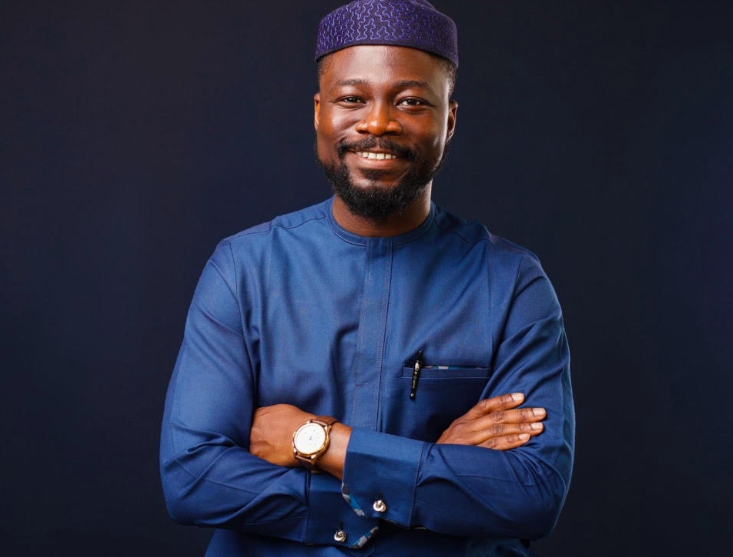
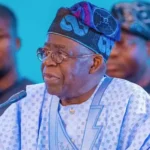
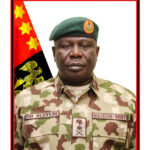
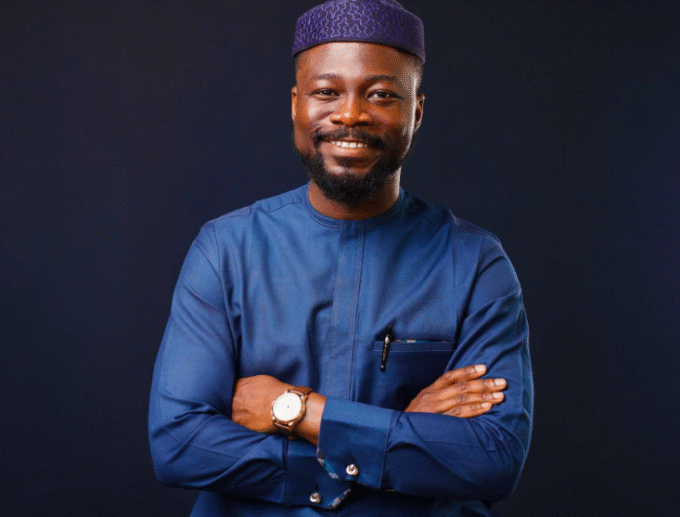
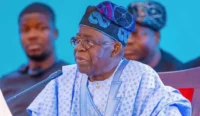

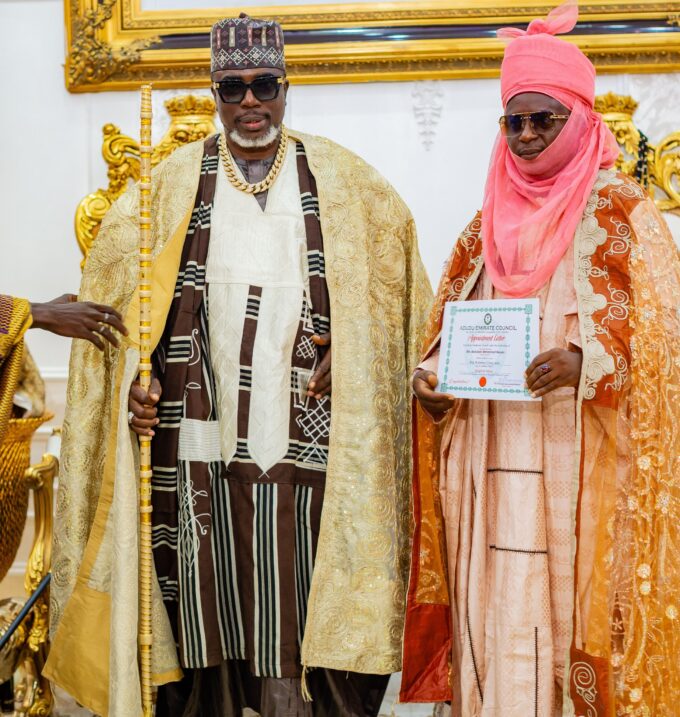
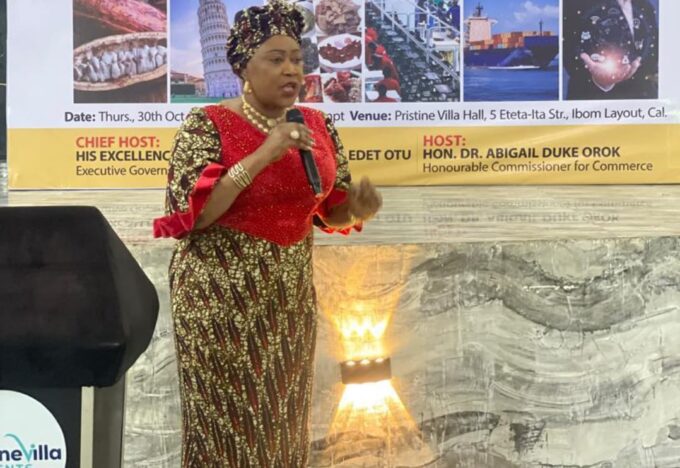
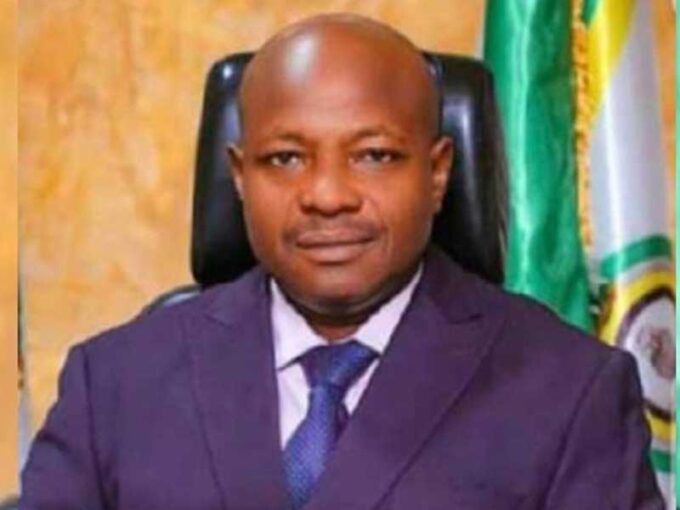
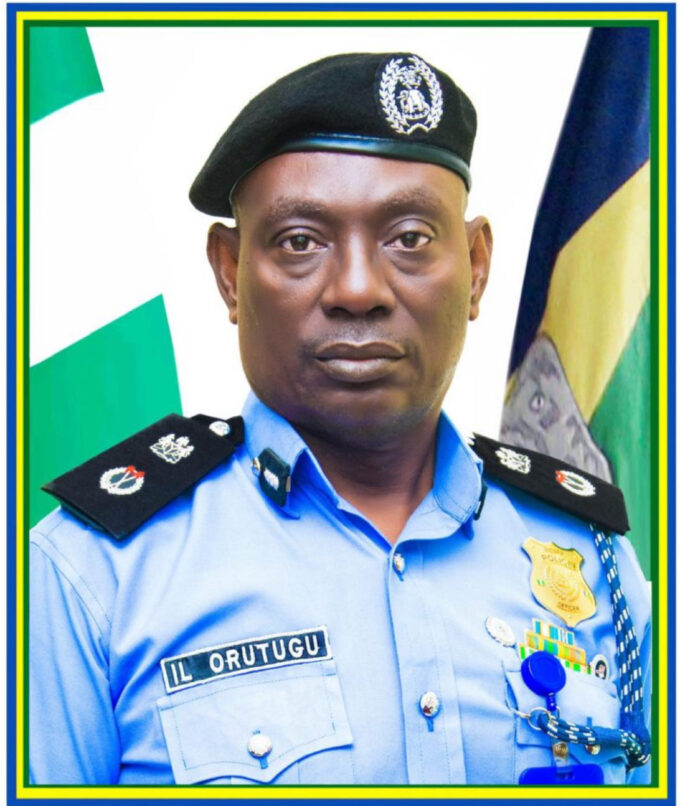


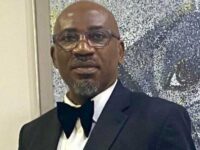
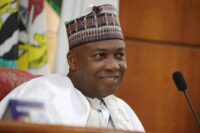
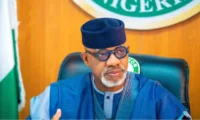
Leave a comment